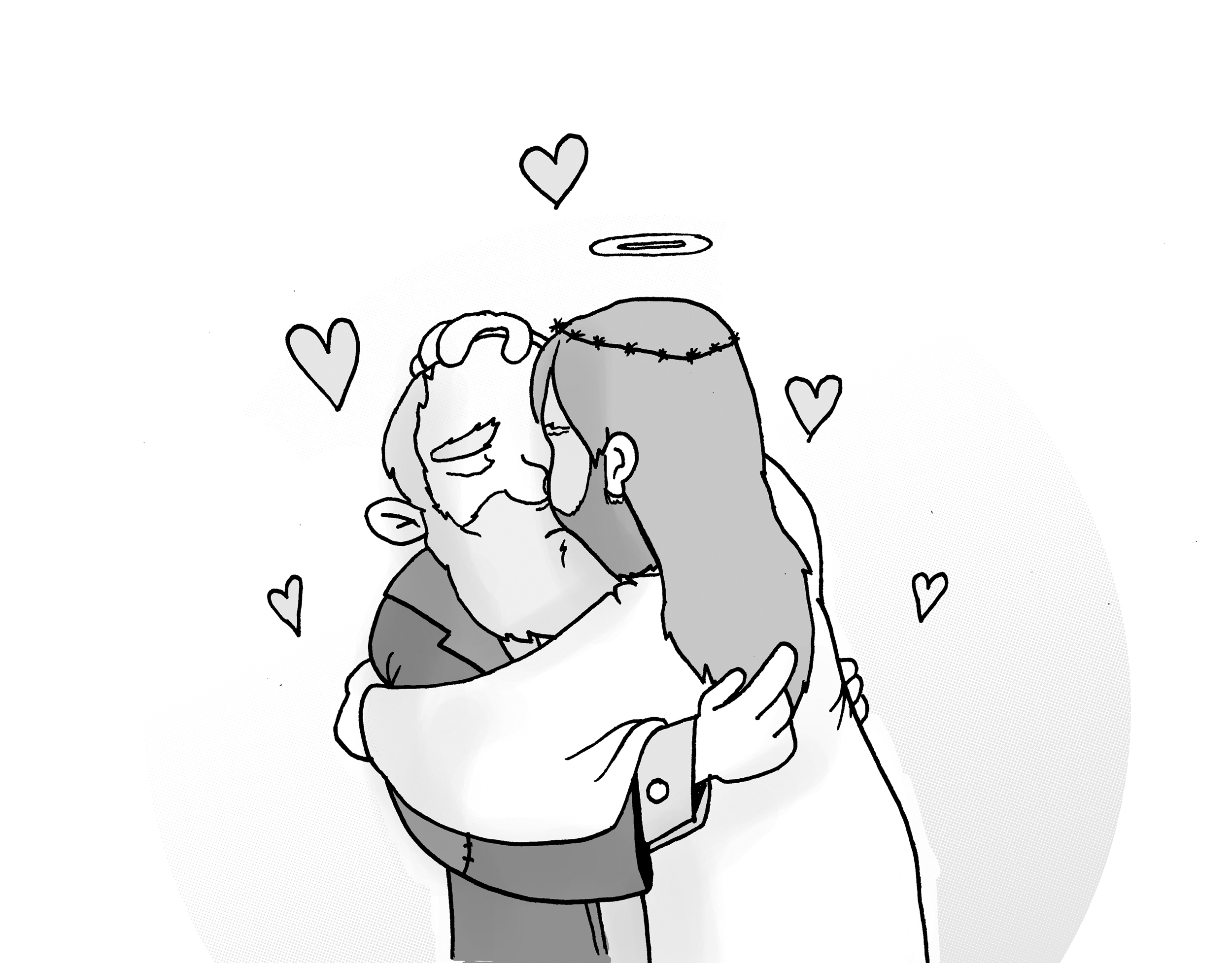Canadian evolutionary biologist and theologian Denis Lamoureux urges his students to move beyond the evolution versus creation debate
Ernest Reid
Science & Technology Editor

Every year, Denis Lamoureux assures the Christian students in his class that atheists don’t eat babies.
“Get that out of your head,” he says, fully aware of the hyperbole. “My best friend is an atheist [and] he’s a much better person than a lot of Christians I’ve met.”
Lamoureux teaches at the University of Alberta and holds dual PhDs in evolutionary biology and evangelical theology. He identifies himself as an evolutionary biologist and evangelical Christian.
Lamoureaux doesn’t see a contradiction. He’s quite proud of his religion, speaking of a personal connection with God and experiencing several miracles in his lifetime. However, this doesn’t conflict with what he knows is true in biology.
He also represents a growing trend in academia. More institutions like Harvard, University of Chicago, and UCLA are offering professorships on reconciliations between science and religion. Dr. Lamoureux is Canada’s first tenure-track professor of science and religion.
Lamoureux was at York November 18, working with Pastor Shiao Chong from Leadership, Culture, and Christianity on an upcoming conference on science and religion. At the end of the day, he held a lecture in Vari Hall on how to move beyond the evolution versus creation debate. Both atheists and Christians attended the event.
Lamoureux says the University of Alberta’s biology department has him give a similar lecture to biology students each year.
The evolution-creationism debate is a false dichotomy, Lamoureux argued in his talk about the many shades of gray between the extremes of Richard Dawkins and the Intelligent Design movement. The professor says he believes in evolutionary creation or a theistic evolution where God sustains processes like macro-evolution.
Humanity, Lamoureux says, evolved to the image of God.
The accidents of biology are a part of God’s plan, he argues. Mutations, miscarriages, and birth defects are a necessary part of the process; they cause suffering.
The problem of suffering offers an overlap for atheists and Christians. “If God is the rock for Christians, suffering is the rock for atheists and sceptics,” Dr. Lamoureux told the crowd. He has sympathy for the concerns of atheists.
Lamoureux argues that faith and intuition play a role in science, just as they do in religion. Science makes theories and laws based on observations and experiments, he says, but making ultimate beliefs about the universe is a leap of faith. Scientists don’t avoid metaphysical judgments, Lamoureux argues, and this connects them to religious people.
He also admits there is a heavy Christian bias in the evolution-creation debate.
During the lecture, Lamoreux recalled when a Wiccan student approached him, saying the debate doesn’t apply to her. He encouraged her to supplant the Christianity with her own beliefs. He’s offered similar advice for Muslim and Jewish students.
Lamoureux does have critics, including famed biologist and atheist Richard Dawkins.
On The Agenda in 2007, Steve Paikin played a clip of Dr. Lamoureux to Dawkins, asking why science and religion can’t coexist.
“The whole point of evolution is that it explains without the need for designers,” Dawkins said. “In a stunning accomplishment of the human intellect, Darwin and his followers showed how something which looks as though it must require a designer, doesn’t. To suddenly go from that to saying ‘God was there too’ is gratuitous and intellectually cowardly.”
Dawkins says it makes Lamoureux less of a scientist to believe in theistic evolution, although he admits there are very good theistic scientists who do excellent science.
“Maybe he’s one of them.”
With files from The Agenda with Steve Paikin


